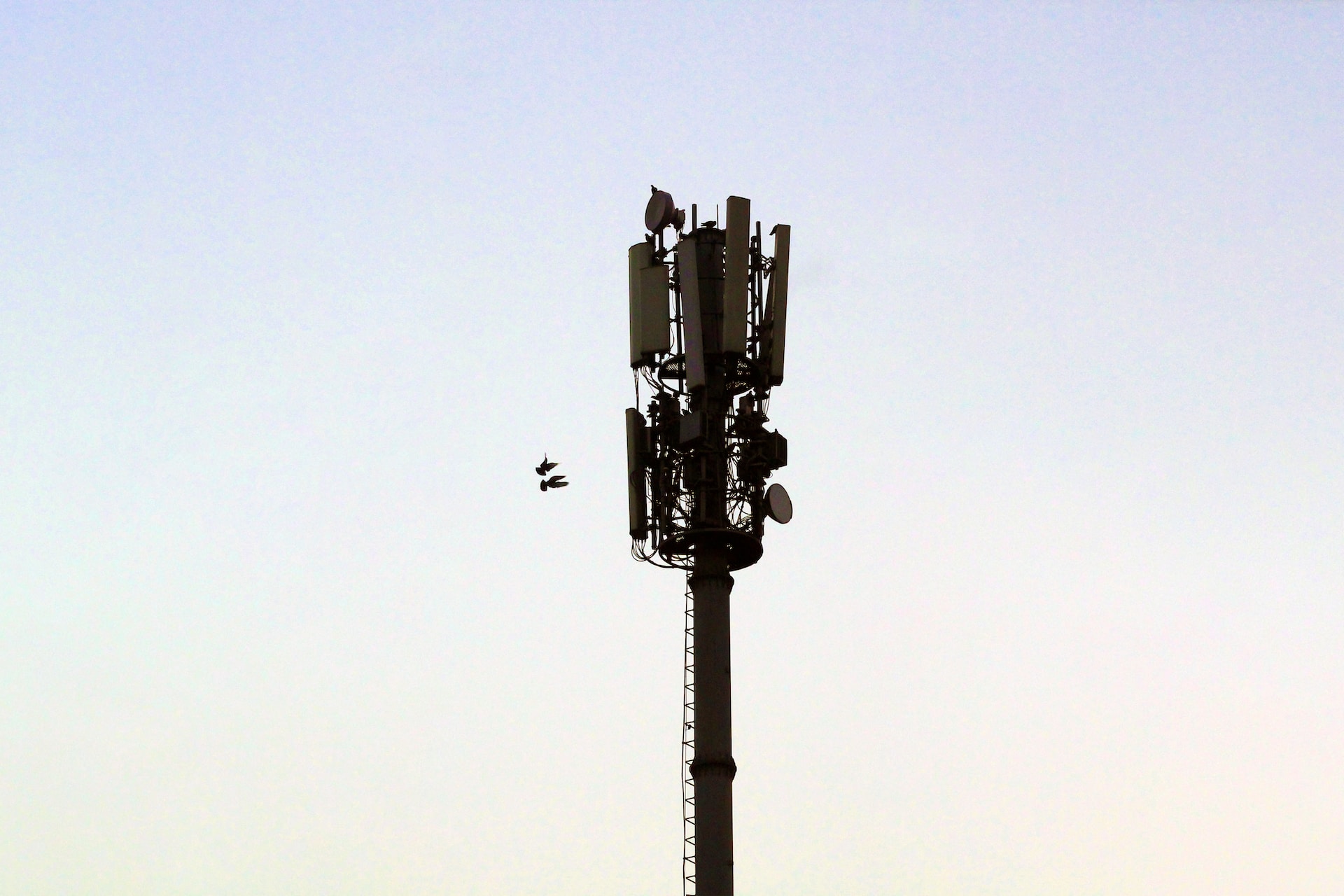The telecommunications industry is buzzing with excitement ever since the 5G network was introduced. The emerging tech has completely transformed the way individuals connect and communicate. Deploying 5G networks worldwide presents challenges and opportunities that will influence the future of connectivity. This article looks at the fascinating world of 5G exploring the hurdles that must be overcome and the remarkable possibilities that lie ahead. So, grab your virtual passport as we embark on a journey to understand the challenges and opportunities of implementing 5G networks worldwide.
Challenges Of Implementing 5G Networks
Implementing 5G networks globally comes with its fair share of challenges. Let’s examine the challenges that must be addressed to guarantee a smooth implementation.
Availability Of Frequency and Band Spectrum
One of the significant challenges is frequency band and 5G spectrum bands availability. 5G networks rely on utilizing mm-Wave frequencies and deploying a large number of 5G small cell towers. However, this requires a new approach to deployment and adherence to regulations. Allocating the necessary spectrum bands and coordinating with different stakeholders to ensure efficient spectrum management is complex.
High Costs
The high costs associated with 5G technology implementation pose another hurdle. From acquiring spectrum bands to establishing cell tower sites, from rolling out extensive fiber optic cables to hiring skilled labor, every aspect of 5G deployment demands substantial financial resources. The costs involved can be a barrier for some countries or network operators, especially in regions with limited financial capabilities.
Infrastructure Development
Infrastructure development is another challenge, particularly in rural areas. The availability of essential infrastructure outside urban centers is often limited, making deploying 5G networks in these regions challenging. Expanding network coverage into rural areas can be a challenge for network operators due to the expensive cost of 5G equipment. This could pose a significant barrier for them.
Private 5G Implementation
Moreover, private 5G implementation poses its own set of challenges. For enterprises, especially those in the manufacturing sector, implementing a private 5G network can be expensive. The costs associated with acquiring the necessary infrastructure, equipment, and expertise can be a barrier for companies looking to leverage the benefits of private 5G networks.
What Opportunities Does 5G Implementation Present?
Despite the challenges, implementing 5G networks globally brings exciting opportunities. Some notable opportunities include:
Ubiquitous Connectivity
5G offers accessible-anywhere networks with low latency, connecting a significantly higher number of devices per square kilometer compared to 4G. It enables lightning-fast data transfer speeds, enhancing connectivity for everyone.
Increased Speed
With 5G, networks provide significantly increased speed, revolutionizing how we access and transfer data. This translates into faster downloads, seamless streaming, and enhanced user experiences. This is excellent news for people who use online services, such as online casino gamers. For instance, if you use the best online casino at Legitgamblingsites, you’ll enjoy your games without any hitches.
Future-Proofing
The 5G networks are built to be resilient, with the ability to accommodate future technologies and applications that are yet to be invented. This means that as technology evolves, 5G networks will adapt and continue to provide cutting-edge connectivity.
Digital Customer Relationships
5G enables businesses to take customer relationships to the next level by going digital. Faster and more reliable connections enable companies to deliver personalized experiences, engage with customers in real-time, and offer innovative services. These capabilities enhance customer satisfaction and loyalty.
Opportunities For Telcos
5G networks present an exceptional opportunity for telecommunication companies to maximize revenues. As demand for high-speed connectivity grows, telcos can offer advanced 5G services, attract new customers, and explore new business models. As a result, 5G enables them to drive growth and innovation in the industry.
Final Thoughts
The implementation of 5G networks globally opens up a world of possibilities. From ubiquitous connectivity and increased speed to future-proofing and the proliferation of connected objects, 5G technology promises to transform industries, enhance user experiences, and drive innovation.






